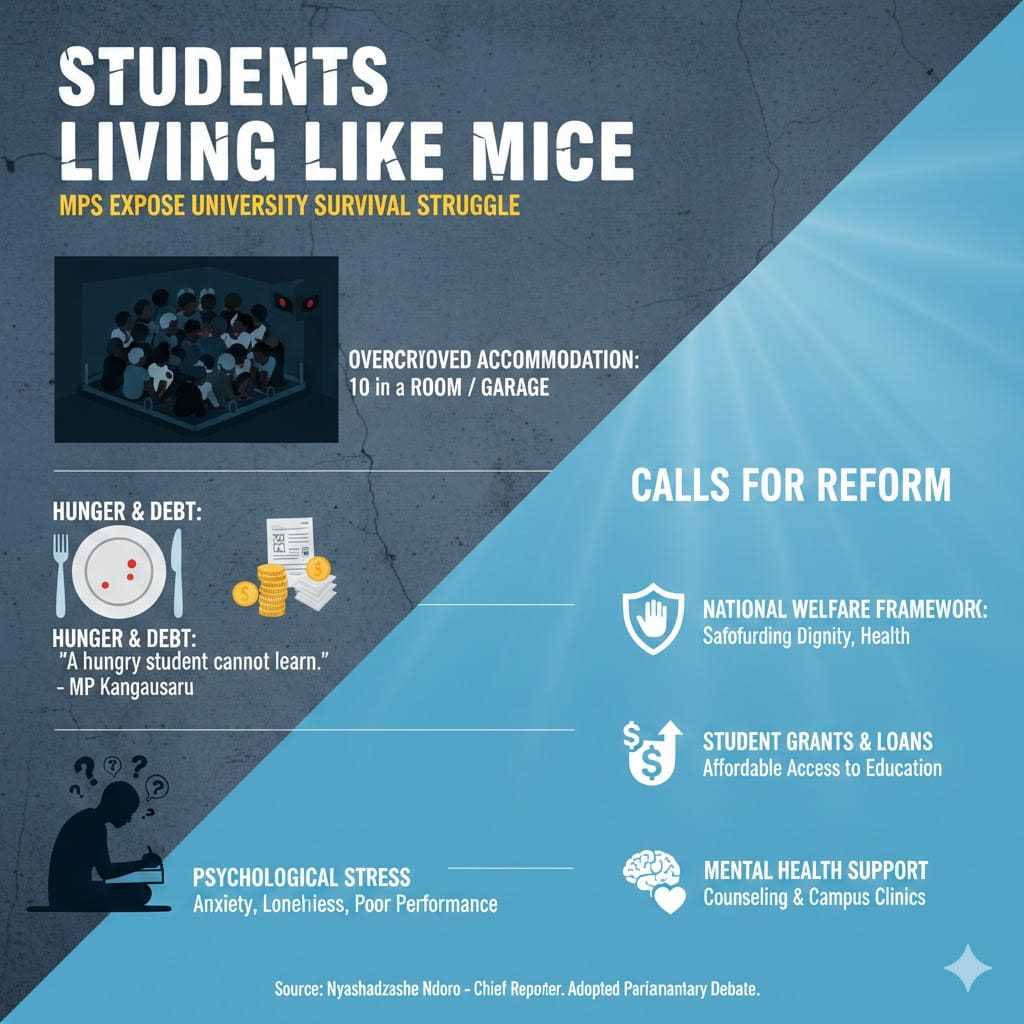
Zim Now Writer
Baboons have gone on rampage at Binga District Hospital in Matabeleland North Province as one patient admitted at the health facility was attacked by the primates while staff at the centre are being terrorised.
Infrastructure at the hospital has not been spared as the baboons, which usually move as a troop, have completely destroyed the roof of the corridor at the hospital.
Acting Binga District Medical Officer, Dr Sibonginkosi Ncube said the baboons were a menace as they disrupt operations in many ways.
“Baboons are a big problem to us as they are destroying the hospital infrastructure. They have destroyed the asbestos roofing sheets of the passage that connects the outpatient department and the other wards,” she said.
“They have also destroyed roofing sheets in a number of wards like the rehabilitation ward.
“The baboons are also making it difficult for the hospital to run a nutritional garden for our patients because they literally devour everything.”
Related Stories
A month ago, Dr Ncube said, the animals strayed into one of the hospital wards and attacked a patient after destroying a window pane to gain entry.
“They also steal food for the pregnant women at their waiting shelters. We recently painted our hospital, but they have messed up the walls. We have tried to engage ZimParks, but we haven’t received any feedback,” she said.
Some projects that being undertaken at the hospital by Government and developmental partners are under threat from the baboons.
Government and the World Bank, through its implementing partner, Cordaid International are implementing a number of projects at the hospital to help improve access to health through the Results Based Finance Model-RBF.
“We are renovating the isolation unit at the hospital using the Results-Based Finance Model and we have also installed 2 000-litre Jojo tanks which will supply water to the unit.
“We also used the funds to build an incinerator, and a car park and painted the mothers’ shelter,” said Dr Ncube.
Introduced in 2012, the RBF model was aimed at improving access to reproductive, maternal, neonatal, child health, and nutrition services for vulnerable communities countrywide.


















Leave Comments